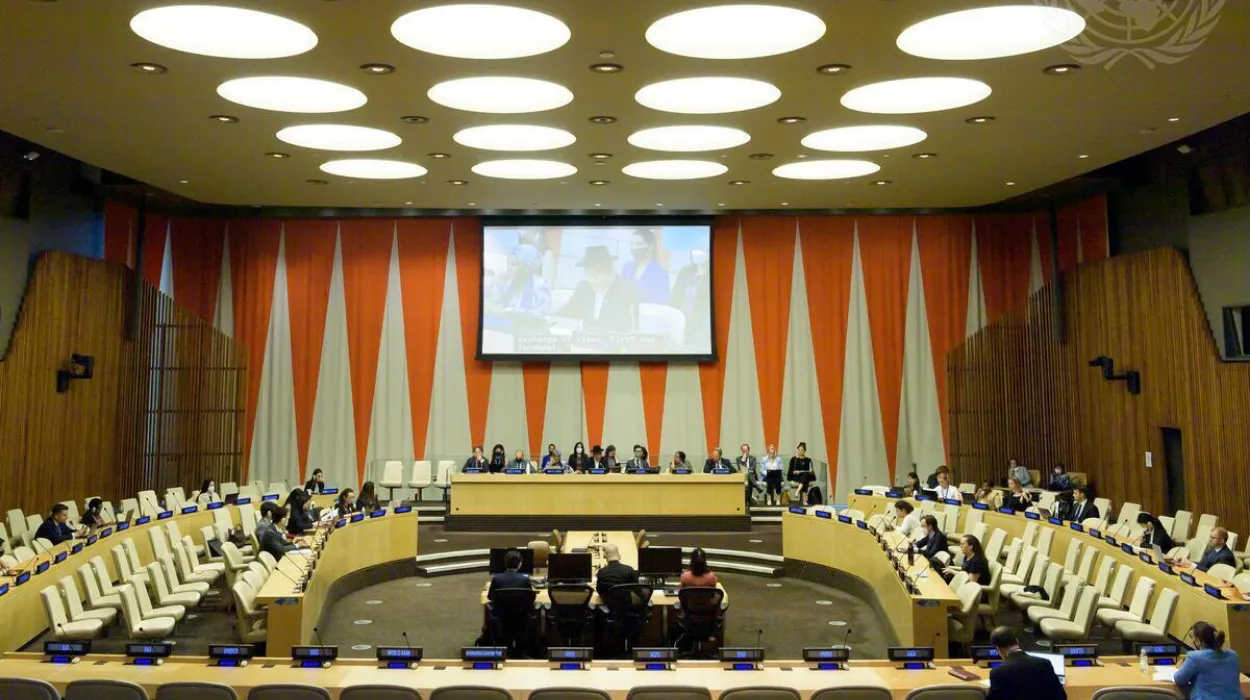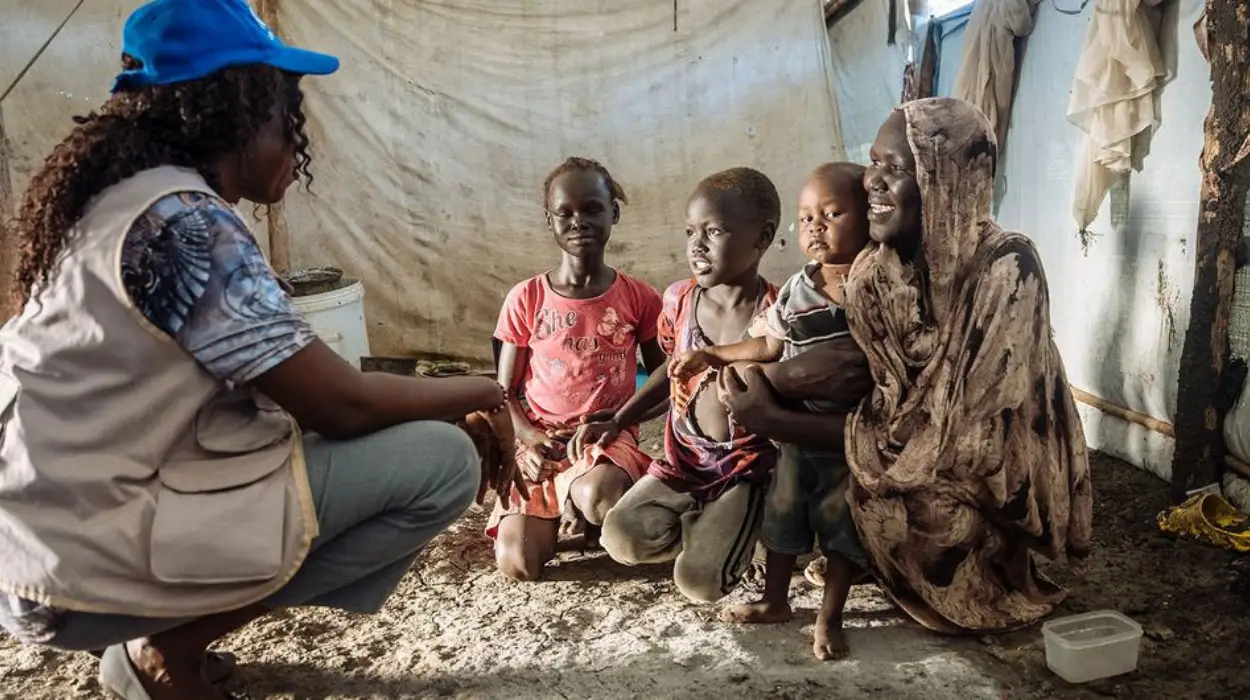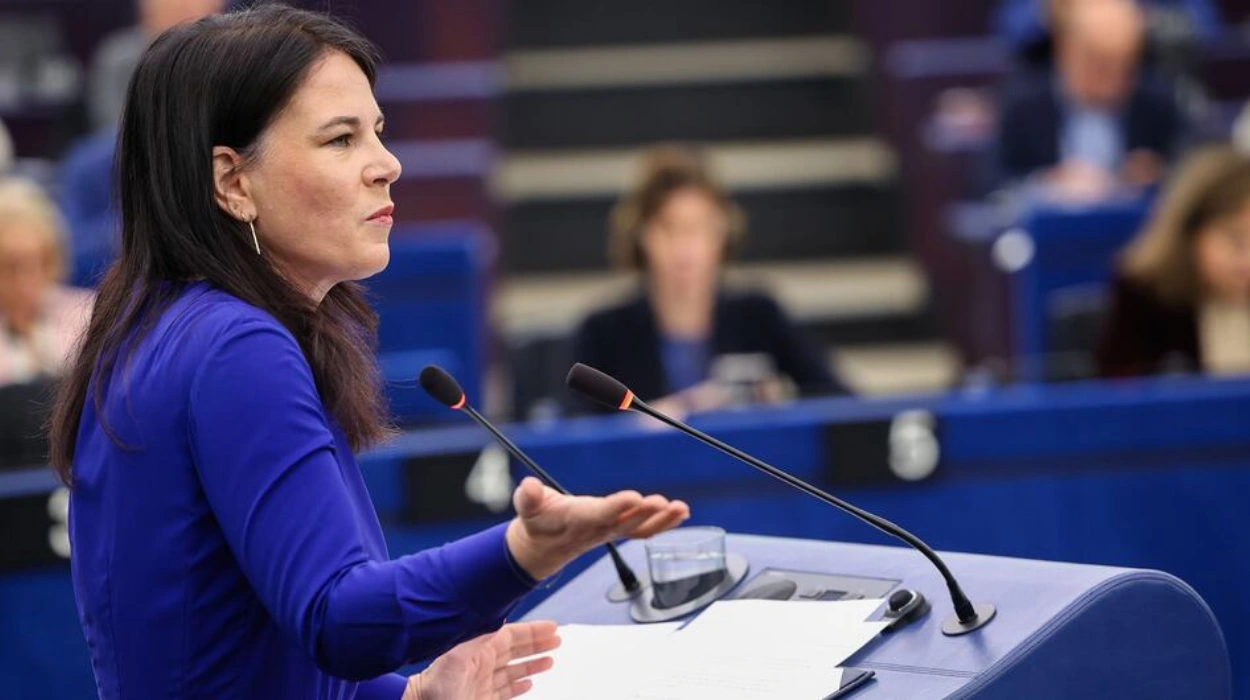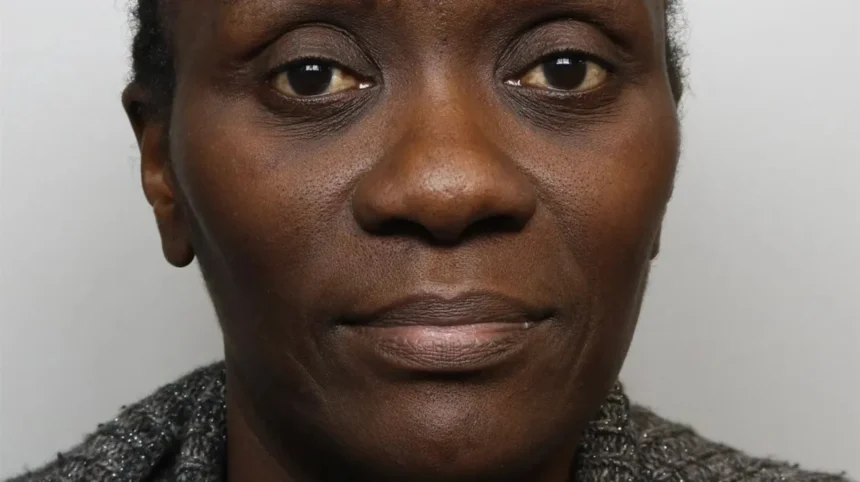A judge at the United Nations was sentenced to six years and four months in prison for coercing a woman into becoming a domestic slave. Police found that Lydia Mugambe, 50, had a young Ugandan lady working as a nanny and maid at her house while she was pursuing a PhD in law at the University of Oxford.
Mugambe, a Ugandan High Court judge as well, was imprisoned at Oxford Crown Court on Friday following her conviction in March for crimes related to modern-day slavery. Judge David Foxton informed the defendant at sentence that she had sought to “forcibly blame” the victim for the incident and that she “showed absolutely no remorse” for her conduct.
Although Mugambe unlawfully obtained the woman’s visa, it included a clause that she would get compensation for working as a private servant in the diplomatic house of John Mugerwa, the former deputy high commissioner of Uganda, who was stationed at the nation’s embassy in London. According to the prosecution, Mr Mugerwa financed the victim’s visa with the knowledge that she would be working for Mugambe in slavery.
The court was informed that in exchange, Mugambe would help him with another case in Uganda where he was a defendant. According to the prosecution, Mugambe brought up the victim from the airport and paid for her airfare, but the young woman was later sold into slavery at the judge’s house in Kidlington, Oxfordshire.
Mr Foxton described it as a “very sad case” as he outlined Mugambe’s legal accomplishments, including her work in the protection of human rights. In a written statement read to the court by prosecutor Caroline Haughey KC, the victim described living in “almost constant fear” due to Mugambe’s powerful standing in Uganda.
The lady, who is not allowed to be identified for legal reasons, stated that she “can’t go back to Uganda” because she fears for her safety and that she might never see her mother again. According to Ms Haughey, Mugambe took advantage of her victim’s ignorance of her rights as an employee and misled her about her reason for travelling to the UK. A “clear and significant imbalance of power within the relationship” did exist between Mugambe and her victim, according to her.
Police were authorised by the Crown Prosecution Service to accuse Mr Mugerwa of conspiracy, but the Ugandan government refused to relinquish his diplomatic immunity. Mugambe said that the young Ugandan lady “always” treated her with love, compassion, and care and denied pressuring her to perform domestic duties, according to Thames Valley Police Ch Supt. Ben Clark, there was “no doubt” that Mugambe was aware that she was breaking the law.
“Modern slavery is a crime that is often underreported, and I hope the courage of the victim in this case inspires other victims of modern slavery to speak out forward,”
he stated.
A representative for the University of Oxford stated that the school was “appalled” by the crimes committed by its students.
“The the university is now beginning its own disciplinary procedure, which can expel students found guilty of serious crimes offences,”
said a spokeswoman.









